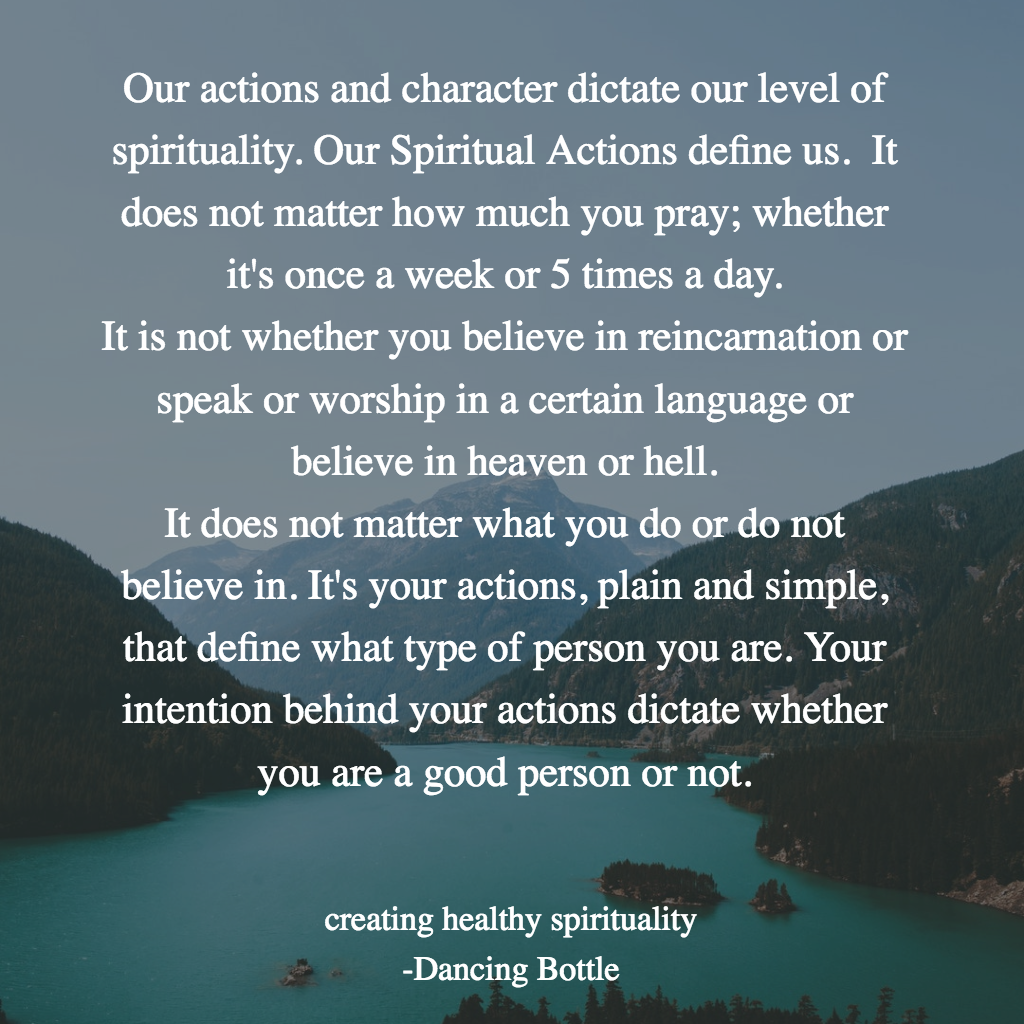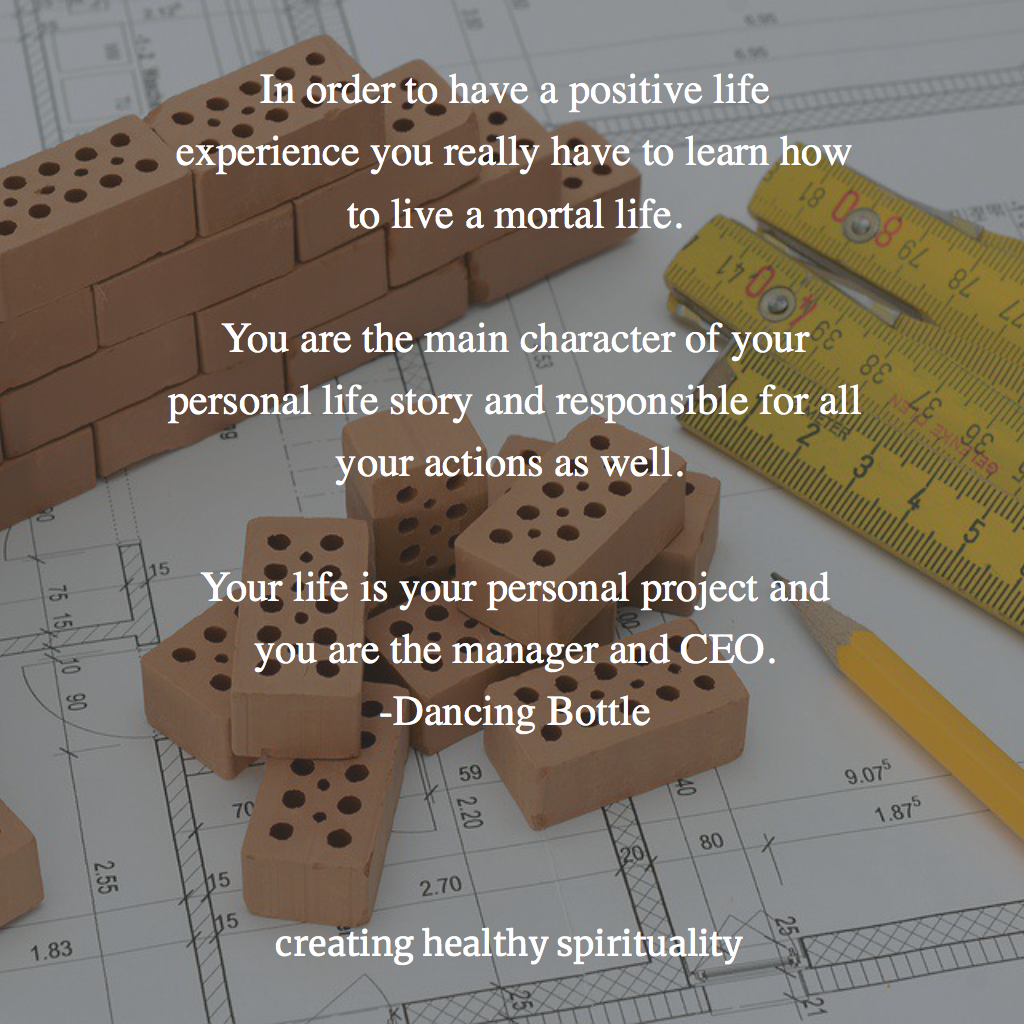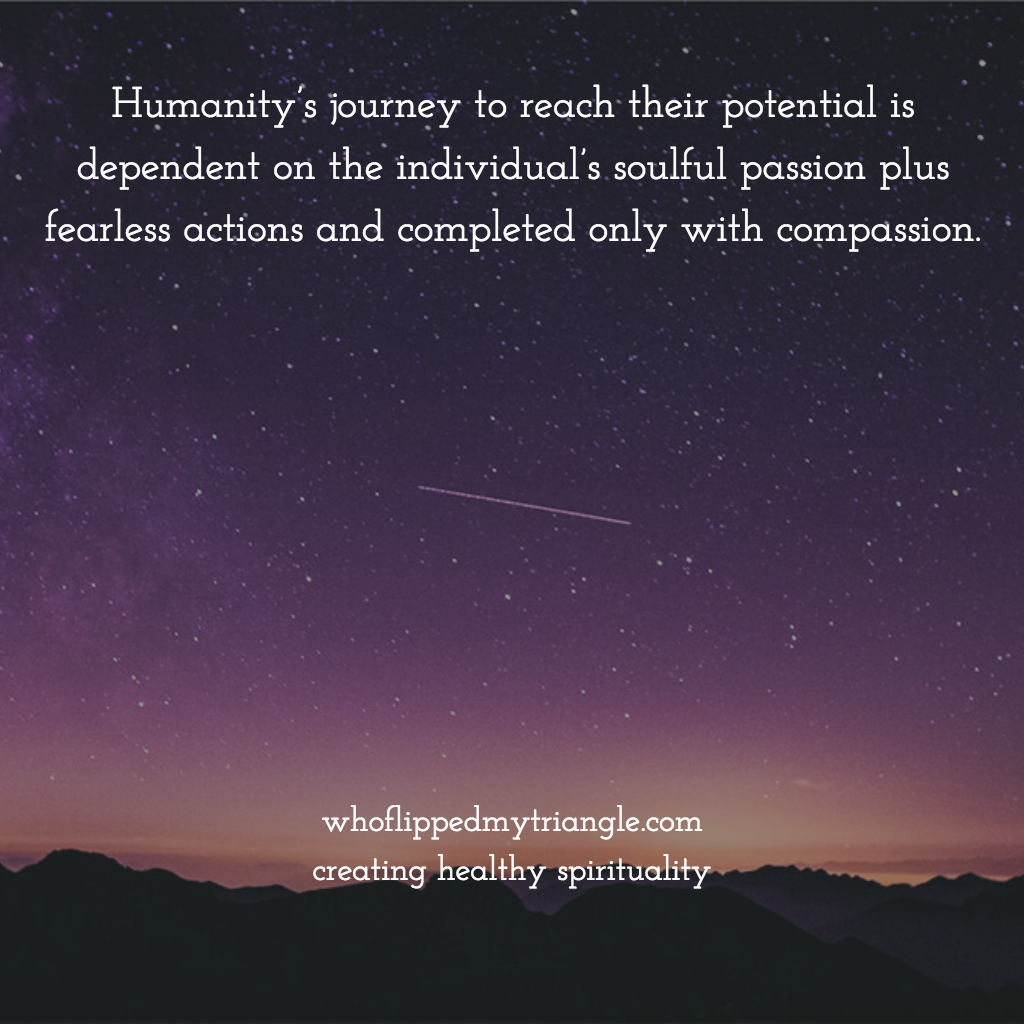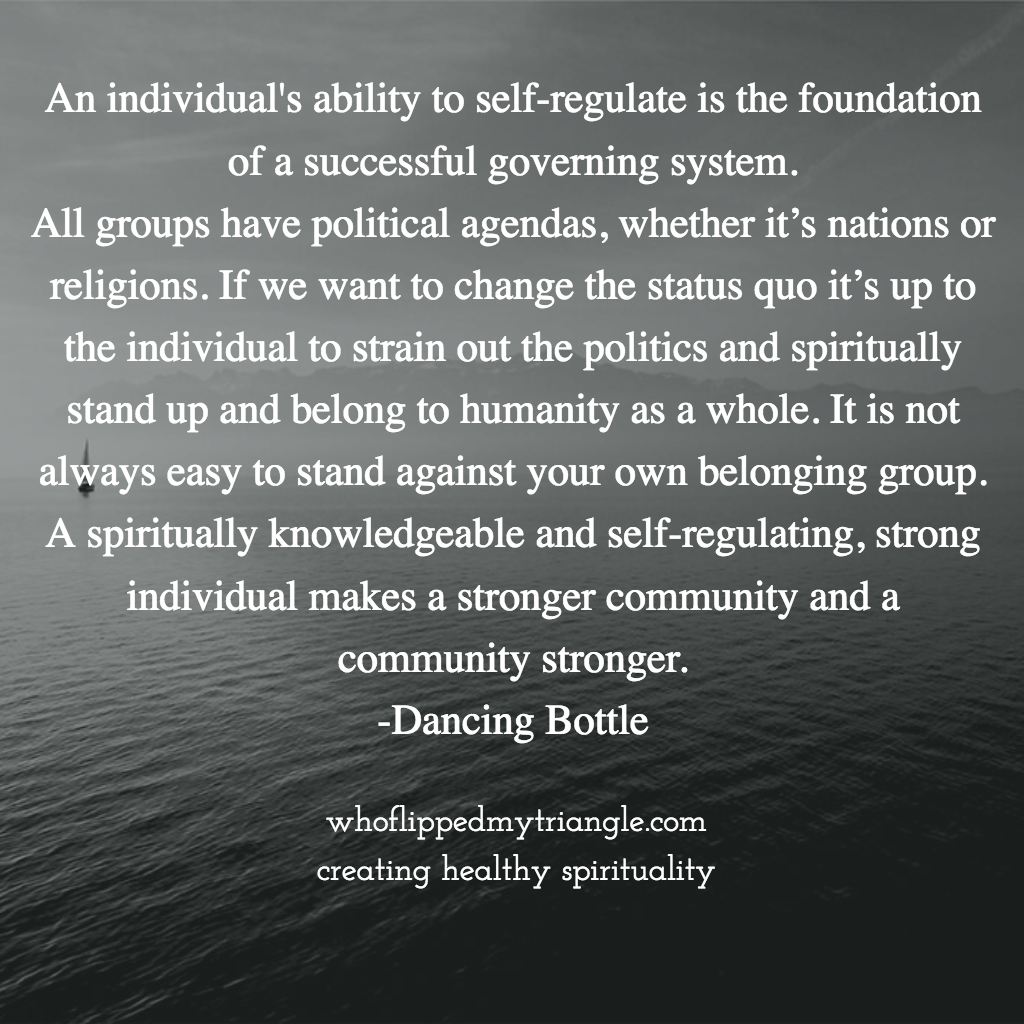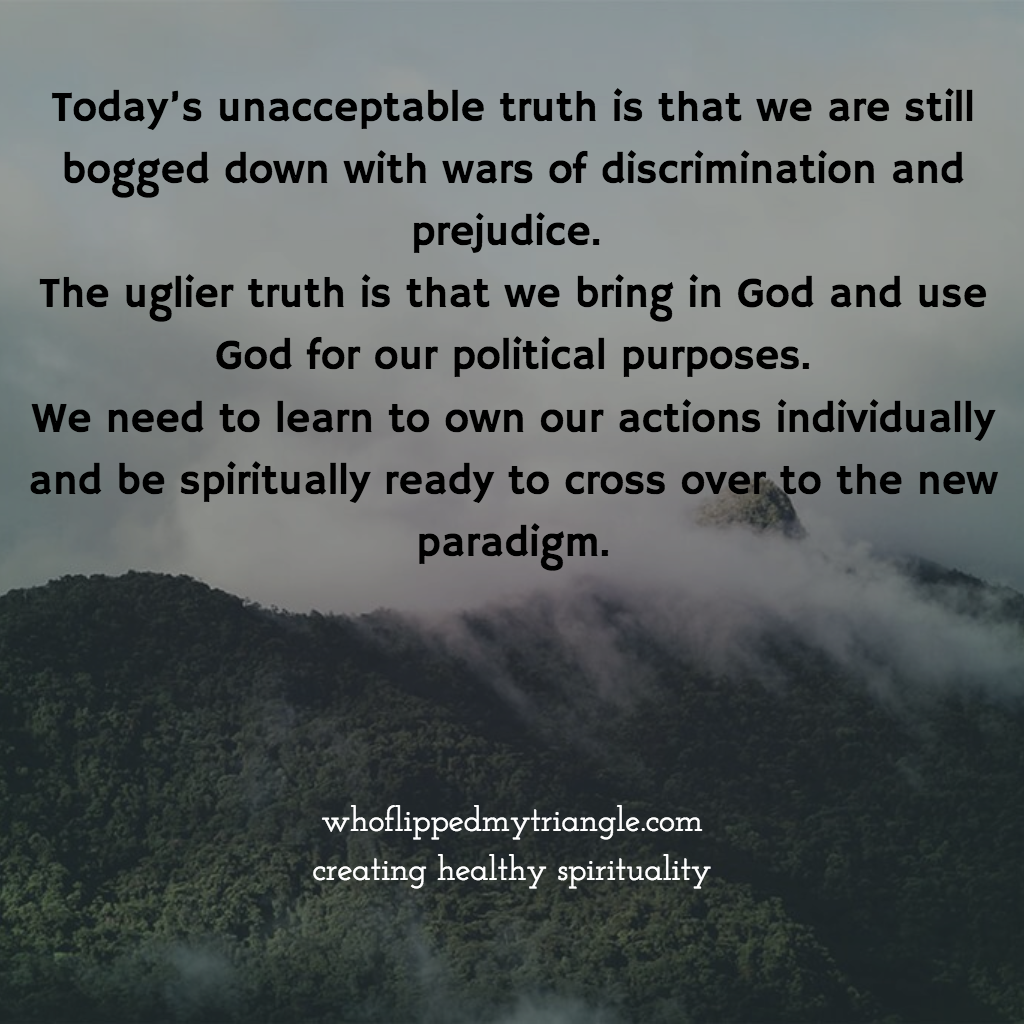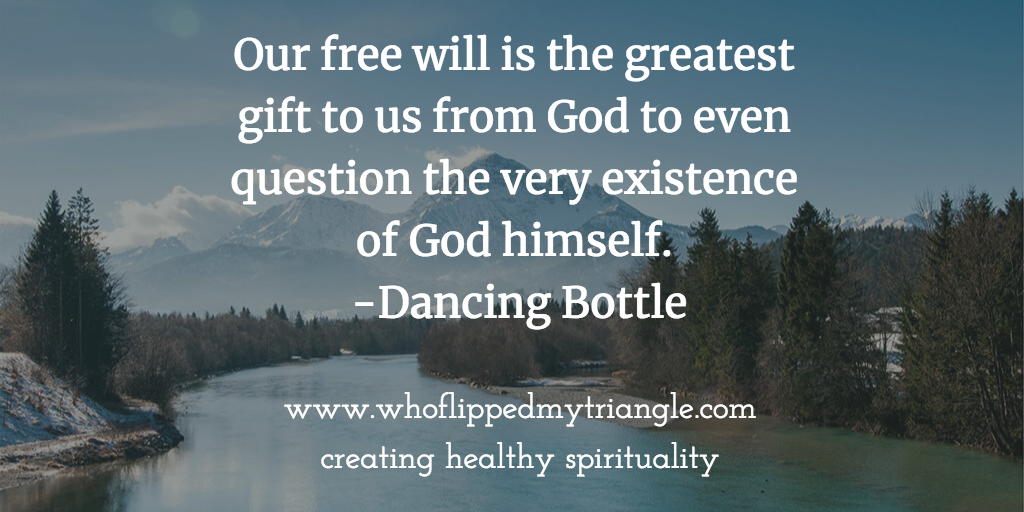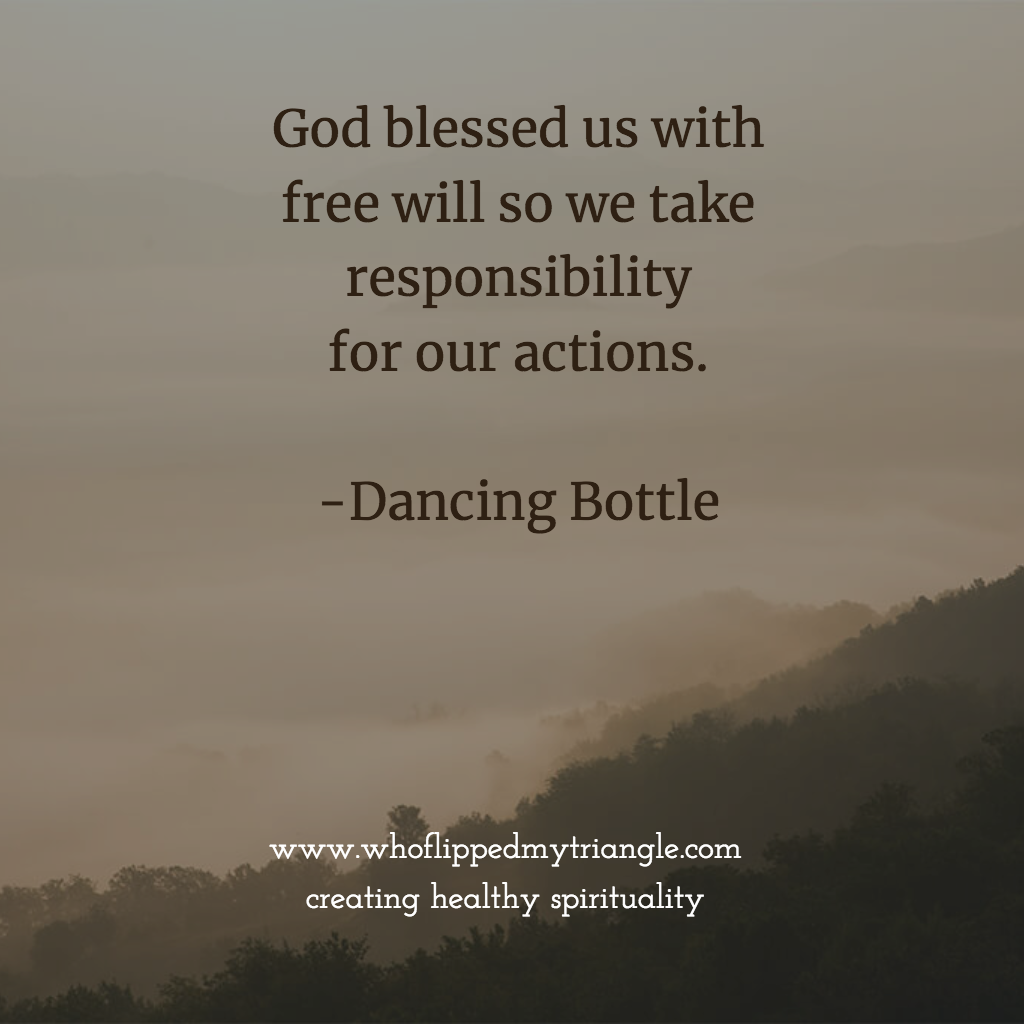Since group politics entered the picture, we as individuals have relinquished our security responsibilities to governing authorities, necessitating the establishment of police forces and justice systems in our communities. When I observe conservatives or Republicans, they advocate for gun rights for personal protection akin to the Wild West era. Simultaneously, they advocate arming the police force like a military entity. I find this paradoxical, but our societies are rife with such contradictions, which we continue to coexist with. It doesn’t seem logical because one cannot advocate for both widespread firearm ownership and a heavily armed police force. If citizens delegate their security to the police, it’s unreasonable for them to possess firearms capable of potentially harming law enforcement officers at any moment.
Certainly, it’s impractical to assign a police officer to each individual, necessitating self-regulation among individuals for peaceful coexistence. Law and order form a fundamental pillar that attracts people to our communities. While self-protection is a right, how do we progress to adapt to changing times? The debate over owning guns for protection persists because police cannot always arrive in time to ensure safety, similar to situations in more remote areas. Although we’ve evolved beyond the cowboy era of the Wild West, our development raises a crucial question: why do we still require firearms and police forces? Shouldn’t our evolution enable us to respect each other more than animals in the wild do? Why do we claim to be evolved human beings, yet still perpetrate crimes against each other?
Our evolution has positioned us in a state of constant contradiction. Today, individuals willingly surrender security and pay for police protection, even compromising privacy by allowing law enforcement into their lives. By today’s standards, it’s inconceivable to envision a society without law and order.
Consider the contradictions within belief systems; religious doctrines prescribe severe punishments. Theft might result in limb amputation, while adultery could warrant stoning to death. Yet, simultaneously, these systems advocate for an ultimate belief in divine authority. These stringent and archaic rules aim to deter individuals from committing crimes and obeying rulers, often invoking the name of God. However, when a crime victim prays to God for protection and their prayer remains unanswered, it has two potential consequences: they lose faith in God, or the criminal perceives impunity, eroding their fear of divine retribution. This cycle leads to a diminishing practical fear of God, where religious beliefs intermingle with political authority, causing spiritual and individual turmoil. When a belief system falls into disarray, the entire construct becomes a casualty of politics.
Mixing the fear of God with social punishments into a belief system is problematic because these punishments, like everything else, are administered by fellow humans, constituting a governance and hence, a political system. This blends the accountability of God and individual faith while absolving the governing authority of blame.
Believing that every action aligns with God’s will, yet punishing a child born out of wedlock, contradicts spiritual principles and amounts to a spiritual crime. Such contradictions often remain unexamined because they defy logic. Blindly adhering to a religious leader’s dictates without critical analysis precludes personal responsibility—a fundamental aspect of spirituality. Every individual is accountable for their actions. Whether blaming a child born out of wedlock or condemning an abortion doctor, such actions compromise genuine faith. One cannot both wield a gun for protection while advocating for societal adherence to law and order.
Observing leaves rustling on a tree provides an insightful experience. A sentient individual can appreciate and comprehend this phenomenon. If oxygen sustains our lives as per divine will, it follows that God’s will must also encompass the birth of a human child. Given today’s realities, from artificial insemination to cloning, labeling a child born out of wedlock as illegitimate signifies not just ignorance but spiritual transgression, unfairly faulting an innocent party.
For a social creature like humans, even name-calling can be a form of punishment. Therefore, individuals and societies alike must grasp the implications of their traditions, customs, social trends, religious edicts, and constitutional laws. The condemnation of an innocent being should provoke collective shame. Although one might assert that not a leaf stirs without divine will, assigning blame to an innocent being and attributing it to God’s will remains nonsensical. Such assertions, stemming from religious doctrines, often justify beliefs under the guise of divine sanction.
In today’s context, with planned parenthood being commonplace, understanding God’s role in our lives becomes paramount. Failing to grasp this leaves innocent beings at the mercy of societal whims. Humanity thrives when individuals prioritize equal human rights over religious or communal convictions.
If one insists that nothing occurs without divine will, consistency demands acknowledging God’s role in all human actions. Accusing an innocent child of moral failings merely due to their birth status represents both a lack of education and spiritual misconduct. Similarly, associating spiritual beliefs with prejudices leads to mental health challenges. A pursuit of perfection from others, including God, while neglecting one’s own shortcomings, begets dissatisfaction. Blaming a child for its birth status mirrors a denial of reality.
The Roman Catholic sex scandal frequently reemerges, a historical issue persisting within the institution. Enforcing celibacy among priests and expecting universal compliance is unrealistic. Human nature varies; thus, not everyone adheres to the same norms. Society’s evolving perspectives on religious leaders necessitate reevaluation.
History abounds with contradictory viewpoints. Muslims, having recognized the impracticality of celibacy, permit men to marry up to four wives. This practice, however, entails seeking each wife’s consent sequentially, reflecting contemporary sensibilities. Nonetheless, adapting this tradition to modern standards poses significant challenges.
Religious beliefs often bridge the gap where intellectual capacities falter. As information spreads via the internet, so do discussions, conflicts, and, regrettably, wars. Simultaneously, the internet fosters knowledge sharing, heralding progress. Embracing common sense and spirituality aligned with evolution remains my steadfast stance. While personal beliefs are valid, they must not compromise justice for the innocent.
Allegories about stars forming from deceased individuals resonate poetically. Similarly, our societies feature myriad narratives and conjectures. While stories enrich cultural customs, living, breathing individuals shape genuine narratives. Spiritual knowledge transcends mere theory when translated into personal actions, thus grounding spirituality in reality. For spirituality to thrive, human involvement is indispensable.
Human evolution offers vast potential, underscored by genetic diversity. Resisting change or adhering to antiquated notions akin to believing in a flat earth stifles progress. Crossing a street or jumping rope demands timely action, relying on natural instincts to evade mishaps. Humanity stands at a crossroads; unfounded fears may paralyze us. Evolution demands bold strides forward, transcending outdated customs.
Have you personally evolved since childhood? If so, why? Assess your chosen group’s alignment with modern values. Are they adapting to current realities? As the foundation of humanity, personal responsibility necessitates informed decisions. Remember, the golden rule—treat others as you wish to be treated—should guide all actions, regardless of national or religious affiliations.
Society faces individual and collective challenges when spiritual principles clash with political maneuvers. Consider the mental health implications of spiritual connections. If seeking perfection from others while neglecting personal growth, expect discontent. Balancing mortality sheds light on life’s purpose, dissolving chains of materialism and political subjugation.
Spiritual entities, including God, necessitate human intervention to manifest change. Humanity thrives when individuals reciprocate divine blessings through meaningful actions. Reevaluating one’s self-worth and contributions is essential. Engaging in practical prayers, supporting others, and maintaining physical and spiritual balance sustain meaningful connections with divinity.
Don’t succumb to notions of worthlessness or sinfulness. Each individual possesses inherent value, integral to divine plans. Recognize your pivotal role in fulfilling spiritual endeavors. Embrace personal and collective evolution, transcending group politics. Refrain from attributing blame to innocents in the name of spirituality. Uphold common sense in spiritual practices, distinguishing between divine guidance and political manipulation.
Cybercrimes are today’s realities. Our elections can be rigged, and we have not been prepared for this. Justice systems worldwide are affected by this problem. Clinging to old ways of justice has been swept away by the winds of evolution. If we fail to evolve beyond the chains of group identity, we are heading towards political and spiritual justice disasters.
Our traditional ways are rooted in prejudice and discrimination, regardless of our racial, ethnic, or religious affiliations—whether white, black, brown, yellow, red, Muslim, Christian, Jewish, Hindu, Sikh, or related to sexuality. These groups all seek humanity within their boundaries.
This evolution persists despite the restrictions imposed by nations, religions, dynasties, and empires. I firmly believe that humanity will eventually eradicate prejudice and discrimination fueled by group politics.
We must broaden our perspective and recognize that we, like animals in the wild, still mark territories. Although we have evolved to embrace religion, we have yet to tame our primal instincts fully. Our potential for evolution is immense. Consider the genetic diversity among us—can anyone still claim genetic purity? Whether you are white, yellow, black, or Mongol, science illuminates the truth. Refusing to embrace change is akin to believing the Earth is flat.
Crossing the street or jumping rope illustrates timing—jump when the rope nears your feet, relying on instinct to leap higher than the rope. Failure to jump risks stumbling or becoming entangled and falling.
Humanity stands at a crossroads, some frozen in fear of oncoming traffic. As evolving beings, we must take calculated risks, transcending the confines of outdated rules—whether based on race, nationality, or belief systems. We have no alternative. History reveals that resistance to evolution contradicts God’s will and is fear-driven. Despite our spirituality, we align ourselves with group politics, often becoming victims of prejudice and discrimination.
Individually and collectively, we face choices, dictated by timing. Fear of the oncoming traffic can paralyze us—individually or collectively. Humans are not meant to live frozen lives; our mortal nature demands evolution.
Consider your personal evolution since childhood. If you have evolved, why?
Now evaluate your chosen group. Is it attuned to today’s world? If it lags, what are you doing or contemplating?
As the foundation of humanity, you cannot remain frozen due to group politics. Follow your natural inclination to lead, making informed decisions irrespective of group allegiance. Always remember Rule One: “Treat others as you wish to be treated,” even in the name of nation or faith.
We grapple with personal and collective challenges, especially when separating belonging from spirituality. Consider the spiritual link to mental health—expecting perfection from others, even God, while neglecting personal flaws or efforts, invites troubles.
If you are not giving 100%, refrain from expecting it from others or even God. Overindulgence in fear and control risks personal paralysis, jeopardizing happiness and contentment, particularly acknowledging mortality.
Happiness and contentment are paramount in mortal life. Failing to achieve them, despite religious devotion, is personal failure. I endorse personal accountability. If you squander life pursuing acceptance or admiration, yet remain unhappy, you forfeit happiness and contentment. Material success gauges others’ validation, breeding discontent and mental health issues.
All spiritual beings, even God, require human intervention to manifest physically. Humans transform spiritual thoughts into action, rendering spirituality meaningful. Thus, is God ineffective without human intervention? This symbiotic relationship underscores physical and spiritual collaboration, bypassing politics and uplifting spirituality.
Imagine yourself as God, obligated to fulfill prayers. Would you prefer obedient worship—bowing, sacrificing, fasting—or would you seek mutual help?
Consider practically, logically, and honestly. Personally, I favor reciprocal assistance.
Evaluate today’s scenario—how many pray practically versus wishfully? Who physically aids others? To discern life’s purpose, reciprocation proves pivotal. While personal physical experience enriches, practical prayer satisfaction hinges on direct reciprocation. God requires able-bodied humans, reliant on oxygen, to perform tasks, showcasing strength.
Reflect on history—we kill in God’s name. What values does religion teach? Though prayer and worship acknowledge divinity’s greatness, self-worth diminishes.
Adhering blindly to religious or social norms chains you, subject to manipulation by others. I argue prayers necessitate physicality in our physical world. Solely worshiping and fasting, expecting divine physical work, hampers spirituality’s efficacy—hinging on human contribution.
Do you still deem humans insignificant? Do you feel worthless, brainwashed, or overwhelmed by unattainable divine power? Understanding mortality offers balance and clarity.
Practice enhances understanding. If God’s work depends on you, embrace worthiness. Connecting the dots frees from materialistic and political enslavement, driven by group acceptance or admiration. Contributing directly to God, reciprocating, holds utmost significance. Remember, working—paid or otherwise—means mutual aid, fostering divine and human worlds alike. Your contribution surpasses mere worship—it’s practical prayer, resonating with God beyond mere ritual.
Reject anyone deeming you worthless or a sinner. You matter, not just to yourself but to God. Your existence, even passing knowledge for others’ benefit, fulfills prayers, affirming your worth. Proclaiming love entails action—helping. Love devoid of action is futile.
